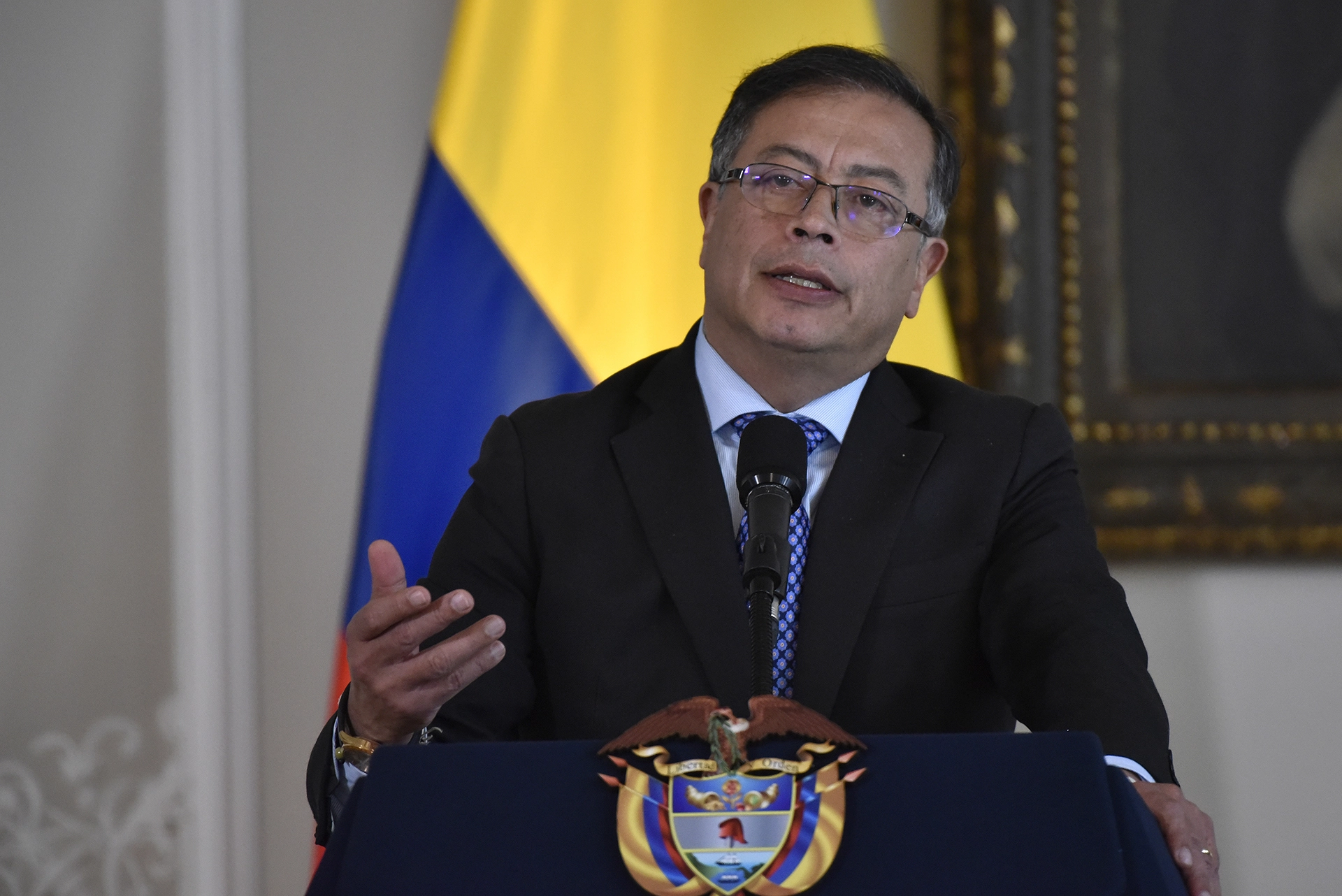
A report by Ember explains that in 2025 electricity generation from renewables (solar, wind and hydropower) surpassed that from fossil fuel sources.
Colombia’s new president Gustavo Petro wants to decouple his country’s economy from fossil fuels. Starting with a ban on new exploration permits.
“We have decided not to award new oil and gas exploration contracts, and while that has been very controversial, it’s a clear sign of our commitment in the fight against climate change. This decision is absolutely urgent and needs immediate action.” With these words, spoken on Thursday 19th January during a panel at the World Economic Forum in Davos, Colombia‘s minister for mining and energy Irene Veléz announced a sharp change of pace in the South American country’s energy transition.
Gustavo Petro, elected president of Colombia in the summer of 2022, promised during his campaign to put an end to the country’s dependence on fossil resources. In the first months of his administration, however, he was faced with a divided Congress, in which no party holds a majority, and rather gloomy economic prospects. Finance minister José Ocampo even contradicted Petro on multiple occasions, telling the press that Colombia would release new fossil fuel exploration permits.
Minister Irene Veléz’s announcement seems to have cleared up, once and for all, the administration’s position. It was subsequently also confirmed by Gustavo Petro. Speaking to journalists in Davos, the Colombian president said: “We are convinced that strong investment in tourism, given the beauty of the country, and the capacity and potential that the country has to generate clean energy, could, in the short term, perfectly fill the void left by fossil fuels.”
Colombia actually has no need for fossil fuels for its own energy demand, given that approximately 80 per cent of its current energy supply comes from renewable sources, primarily hydroelectric. The problem is that, especially in the past four decades, the country has been heavily reliant on income from fossil fuel exports. In 2020, crude oil was the most exported commodity in the country, generating almost 6.9 billion euros for the economy, primarily thanks to trade with the United States. Essentially, oil has become a cornerstone of the Colombian economy. Thus, Petro’s decision seems brave, all the more so in a country that borders Venezuela, which has suffered an economic collapse that has caused mass emigration, with millions of people leaving the country
However, Gustavo Petro, speaking at COP27 late last year, asserted his confidence in the fact that “the market is not the main mechanism for overcoming the climate crisis. It was the market, through the accumulation of capital, that caused it. And it will never be the solution. The climate crisis can only be overcome if we stop consuming fossil fuels.”
Siamo anche su WhatsApp. Segui il canale ufficiale LifeGate per restare aggiornata, aggiornato sulle ultime notizie e sulle nostre attività.
![]()
Quest'opera è distribuita con Licenza Creative Commons Attribuzione - Non commerciale - Non opere derivate 4.0 Internazionale.
A report by Ember explains that in 2025 electricity generation from renewables (solar, wind and hydropower) surpassed that from fossil fuel sources.
The Tyler Prize, considered the “Nobel Prize for the Environment,” has been awarded to Toby Kiers, an American biologist working in Amsterdam.
Belgium is one of the countries most exposed to climate change. Dune–dikes are a solution to curb sea-level rise.
Between October 2024 and September 2025, the average temperature in the Arctic was 1.6 degrees Celsius higher than during the 1991–2020 period.
Undeclared conflicts of interest, paid authors, lack of transparency: one of the most cited studies on glyphosate, published in 2000, has been retracted.
The Copernicus service has released data for the first eleven months of 2025: global warming is set to come close to last year’s record.
The European Council and Parliament have reached an agreement on the European Commission’s proposal to deregulate new GMOs. But farming, organic agriculture, and environmental organizations are calling for it to be stopped.
The world’s second-largest producer has taken a historic decision. However, farms will have until 2034 to shut down.
A Greenpeace report denounces Russia’s political and economic model: a nexus of extractivism, authoritarianism and war that is destroying the environment, with serious repercussions for the global ecosystem.








